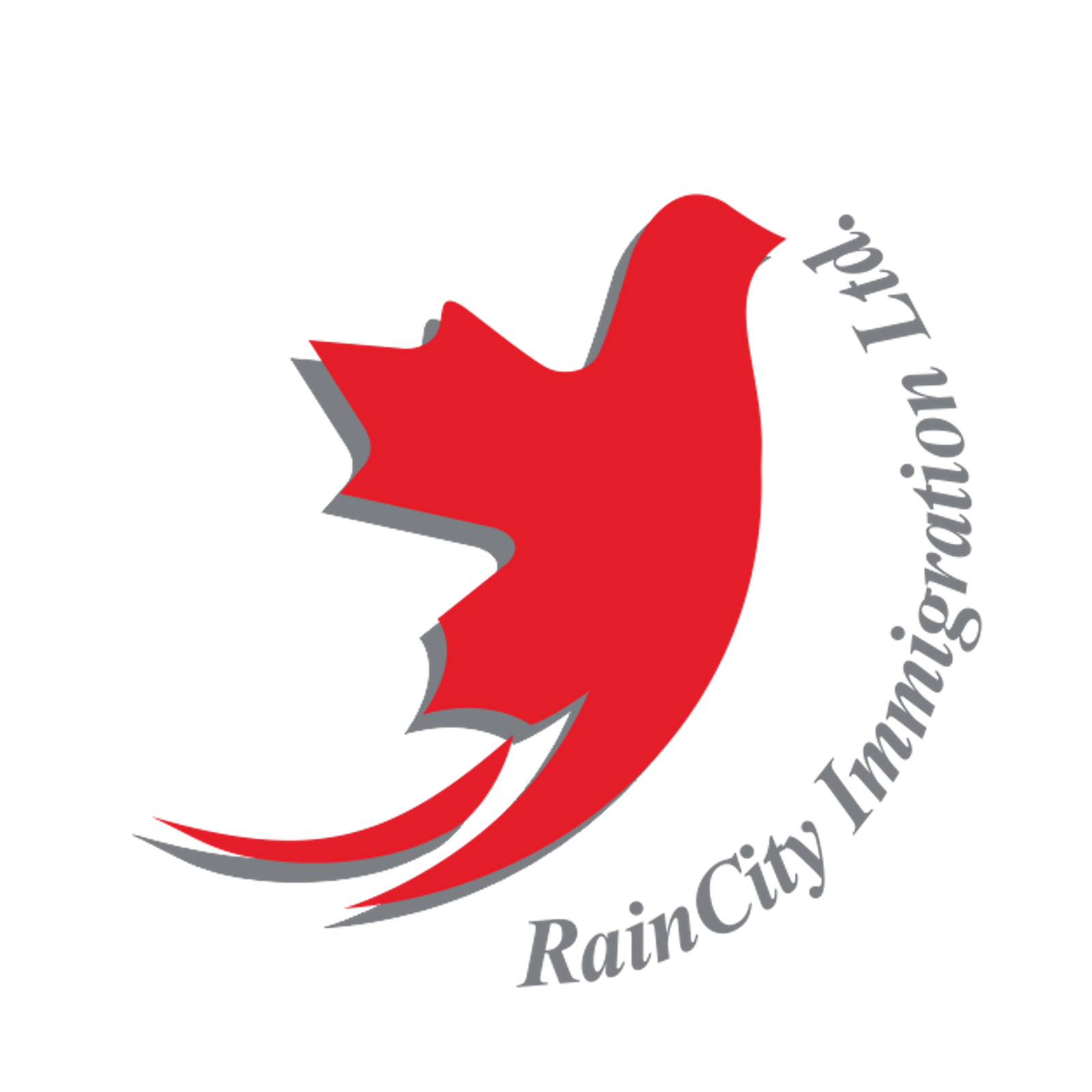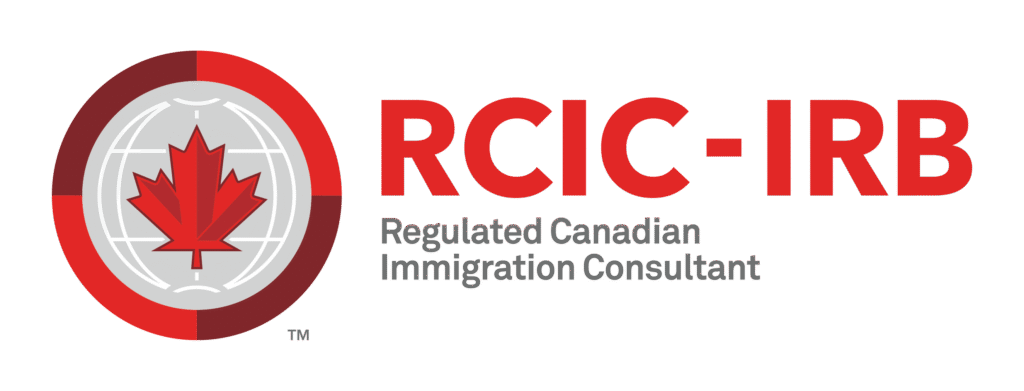Rural Community Immigration Pilot (RCIP)
A Pathway to Permanent Residency in Canada’s Rural Communities

The Rural Community Immigration Pilot (RCIP) is a new immigration pathway designed for foreign nationals who:
Can help address labour shortages in designated rural communities across Canada (excluding Quebec); and
Wish to settle permanently in these communities and contribute to their long-term growth.
Participating Communities in RCIP
On January 30, Immigration, Refugees and Citizenship Canada (IRCC) announced 14 rural communities selected to take part in the RCIP program:
| Community | Province |
|---|---|
| Pictou County | Nova Scotia |
| Ontario | |
| Sudbury | Ontario |
| Timmins | Ontario |
| Sault Ste. Marie | Ontario |
| Thunder Bay | Ontario |
| Steinbach | Manitoba |
| Altona/Rhineland | Manitoba |
| Brandon | Manitoba |
| Moose Jaw | Saskatchewan |
| Alberta | |
| West Kootenay | British Columbia |
| North Okanagan–Shuswap | British Columbia |
| Peace Liard | British Columbia |
Each participating community is supported by a local economic development organization. These organizations collaborate directly with IRCC to:
Identify local labour market gaps,
Approve and nominate trusted employers, and
Recommend eligible candidates for permanent residency.
Further updates regarding application timelines and employer participation will be provided by the communities directly.
RCIP Eligibility Criteria
To qualify under the Rural Community Immigration Pilot (RCIP), applicants must meet specific criteria in the following areas:
Work experience
Education
Genuine job offer
Language proficiency
Proof of funds
Intent to reside in the designated community
🔹 Applicants currently in Canada must hold valid temporary resident status at the time of application and maintain that status until they are granted permanent residency.
1. Work Experience
Applicants must have a minimum of one year of continuous, full-time work experience (or equivalent part-time) within the last three years in an occupation listed under the National Occupational Classification (NOC).
The work experience must:
Be recent (within three years before the PR application);
Involve key tasks and main duties described in the NOC for that occupation;
Be acquired with a third-party employer (self-employment is not eligible, except for certain medical practitioners);
If obtained in Canada, the work must have been done under valid work authorization and temporary resident status.
Work Experience Matching by TEER Category
| TEER Category of Job Offer | Eligible Work Experience TEER Categories |
|---|---|
| 0 | 0, 1, 2, or 3 |
| 1 | 0, 1, 2, or 3 |
| 2 | 1, 2, 3, or 4 |
| 3 | 2, 3, or 4 |
| 4 | 2, 3, or 4 |
| 5 | Same NOC unit group as the job offer |
Exemption for International Graduates
Applicants who have completed an eligible post-secondary credential may be exempt from the work experience requirement if they:
Studied full-time throughout the program;
Graduated within the last 18 months;
For Master’s or PhD programs shorter than two years, lived in the designated community for the entire duration of the program;
For other programs of two years or more, lived in the community for at least 16 out of the last 24 months prior to graduation.
2. Genuine Offer of Employment
Applicants must have a valid job offer that meets the following conditions:
Issued by a designated employer (approved by the community’s economic development organization);
For permanent, full-time, non-seasonal work;
The job must be located in the designated community, with at least 75% of the work to be performed there;
The applicant must be qualified for the position through their work experience or education, aligned with duties listed in the NOC;
The position must match an occupation in which the applicant has recent work experience, unless exempted (e.g., nurses or certain international graduates).
3. Language Proficiency
Applicants must submit results from a designated language testing organization approved by the Canadian government. The required Canadian Language Benchmark (CLB) score depends on the TEER level of the job offer:
| TEER Category | Minimum CLB Requirement |
|---|---|
| 0 or 1 | CLB 6 or higher |
| 2 or 3 | CLB 5 or higher |
| 4 or 5 | CLB 4 or higher |
Language test results are valid for two years.
Results must still be valid at the time of application.
4. Education
Applicants must have at least a secondary school diploma or an equivalent foreign credential.
If the credential was obtained in Canada, a copy of the Canadian credential must be submitted.
If the credential was obtained outside Canada, applicants must submit:
A copy of the foreign credential, and
An Educational Credential Assessment (ECA) report (less than five years old).
5. Proof of Funds
Applicants must demonstrate they have sufficient funds to support themselves and any accompanying family members for a minimum of one year.
The minimum amount required is at least 50% of the low-income cut-off (LICO) for rural areas outside major cities, based on annual data from Statistics Canada.
This requirement is waived for applicants who are already working in Canada.
6. Intent to Reside in the Designated Community
To qualify, applicants must show a clear and genuine intent to live and work long-term in the designated community where their job offer is based.
In addition, they must:
Obtain a valid Certificate of Recommendation from the local economic development organization supporting that community;
Submit the certificate at the time of application;
Ensure the certificate is valid (within six months) from the date of issue.
This certificate confirms that the community has assessed the applicant’s fit and supports their intent to reside permanently in the area.
Application Process
Find a Job: Apply for a job with a designated employer in one of the participating communities.
Community Recommendation: If offered a job, request a recommendation from the community’s economic development organization.
Apply for Permanent Residence: Submit an application for permanent residence through the IRCC’s Permanent Residence Portal.
Optional Work Permit: While waiting for the permanent residence application to be processed, applicants may be eligible for a two-year work permit to begin working with their employer.
Participating Communities and Designated Employers
1. Thunder Bay
Thunder Bay is actively preparing to launch its RCIP program. The Thunder Bay Community Economic Development Commission (CEDC) is working closely with local businesses to identify labor force gaps and ensure the RCIP addresses current needs and challenges within the community. The program aims to retain and attract newcomers who will strengthen the local workforce and contribute to the region’s ongoing prosperity.
2. Sault Ste. Marie
Sault Ste. Marie has been allocated 300 spots under the RCIP for 2025. The city is focusing on priority sectors such as education, law, social, community and government services; health; manufacturing and utilities; sales and service; and trades and transport. The Sault Ste. Marie Economic Development Corporation is managing the program and will provide further details on designated employers as they become available.
3. Timmins
Timmins has announced its participation in the RCIP and is in the process of finalizing program details, including a list of priority sectors and occupations and how employers can apply for designation. The Timmins Economic Development Corporation will post these details on their website once available.
4. Sudbury
designated employers for the Rural Community Immigration Pilot (RCIP) and the Francophone Community Immigration Pilot (FCIP).
Under these pilots, eligible foreign nationals can apply for Canadian permanent residency if they have a community-endorsed job offer from a designated employer.

